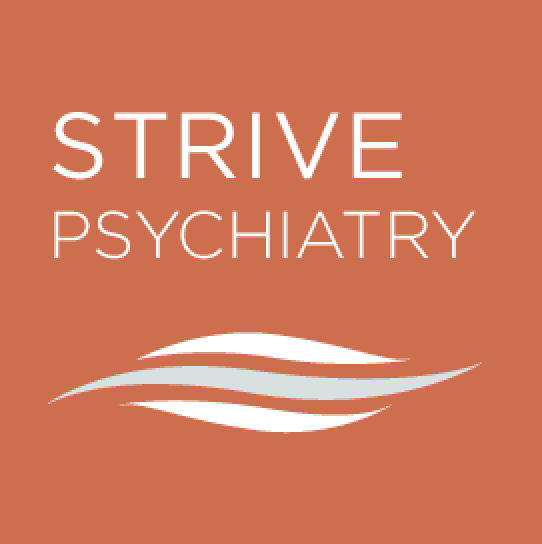Major Depressive Disorder is a debilitating mental illness that acts as the cornerstone of the Depressive Disorder family. It is the leading cause of disability in the United States—ranking higher than every other physical or mental disability. Characterized by sad, empty, or irritable moods, Major Depressive Disorder, like many others in the Depressive disorder category, profoundly affects an individual’s ability to function both physically and mentally. These feelings often persist for weeks at a time and can be very debilitating overall.
Though Major Depressive Disorder is the most common, there are many other kinds of depression, including Postpartum Depression, Treatment-Resistant Depression, Seasonal Affective Disorder, and Persistent Depressive Disorder. Stigma surrounds these conditions, so it is important to recognize that Depression is a crippling condition that affects people from all walks of life. Clearly, it is far more than just “feeling down”.
With Depression so prevalent in our global community, we must take steps to address this concern. Thankfully, all of these disorders are highly treatable, with new treatments becoming more and more widely available. With more options for treatment, it is crucial to take an individualized approach when treating these disorders.
